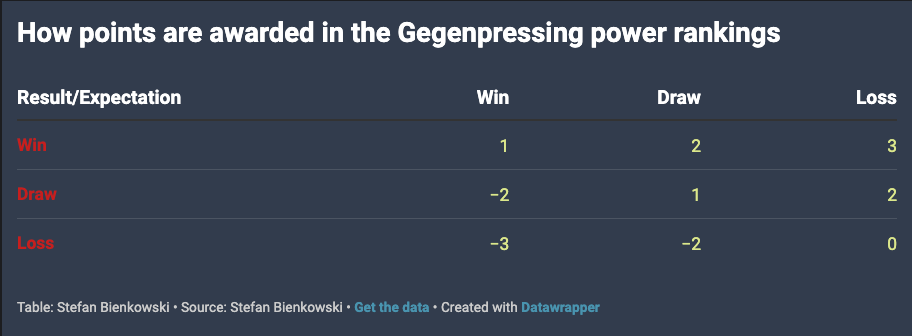Who was the best (and worst) head coach in the Bundesliga this season?
Which head coach out-peformed all expectations and which ones struggled to overcome the demands placed on them and their team? Let's take a look.
The Bundesliga season has come to a close and while fans of Stuttgart and Arminia Bielefeld still have one more shot at success with the forthcoming German Cup final, we can certainly draw a line under this league campaign and begin to draw some conclusions from what happened. As such, we’re happy to present the final Bundesliga head coach power ranking scores for the 2024/25 season.
The Methodology
Our power rankings system has been designed to accurately gauge how well a football manager is doing in his job, based on more specific metrics than fan sentiment or current form. In our opinion, a manager (or head coach) should be judged on the perception of how well they do from one game to the next. Rather than looking at how many games his team has won in the last 10 weeks or other intangible factors like their relationship with the boardroom or the fans in the terraces, a head coach should be judged on one thing: what were the expectations placed on their team before a match, and did they underperform, overperform, or match those expectations perfectly? As such, we took that idea and built a system around it.
Taking the pre-match odds of any given game to determine which result was “expected” and then awarding points based on how both teams performed in that game gives us a points system that can be seen in the table above. Here, we can see that a team that was expected to win but lost a game would be deducted three points, while a team that was expected to lose but won would be awarded three points. Then, naturally, a team expected to win but drew their game would lose two points, and a team expected to lose but drew their game would be awarded two points.
Using pre-match odds, we are also able to add a dynamic rating system that is always up to date. This then takes into account teams that have quickly improved from one season or transfer window to the next and are very quickly expected to win games they may have been expected to draw or lose a few months earlier. As such, the system adapts to the rise and fall of specific teams and their head coaches.
While this may seem like a convoluted way of recontextualising football games that already have a tried and tested method of ranking a team’s performance — three points for a win, one for a draw, and zero for a loss — these power rankings essentially turn the orthodoxy of football’s golden rule on its head and instead take a closer look at which head coaches are really outperforming the expectations placed on them and which head coaches are struggling to match the demands that their teams and resources expect of them.
Keep reading with a 7-day free trial
Subscribe to The Gegenpressing Newsletter to keep reading this post and get 7 days of free access to the full post archives.






